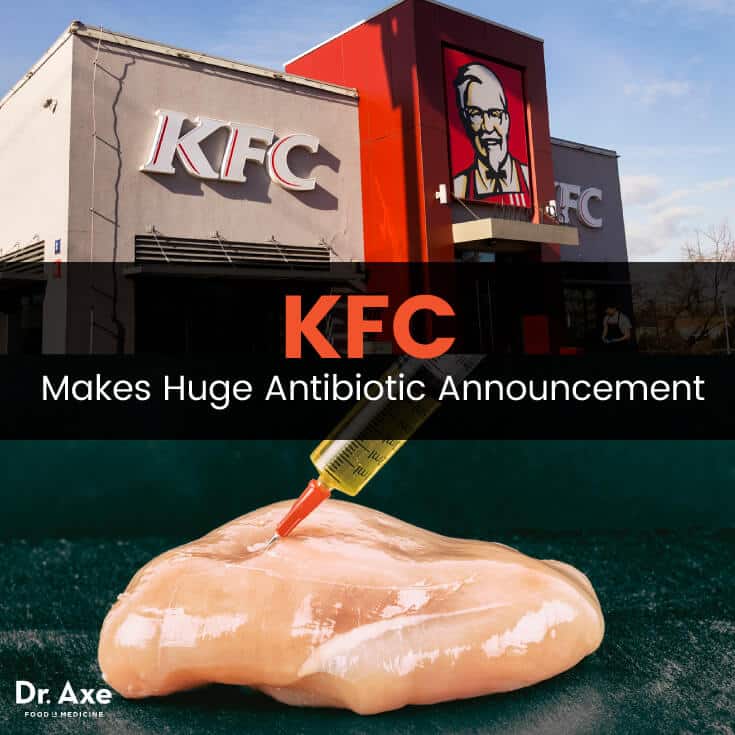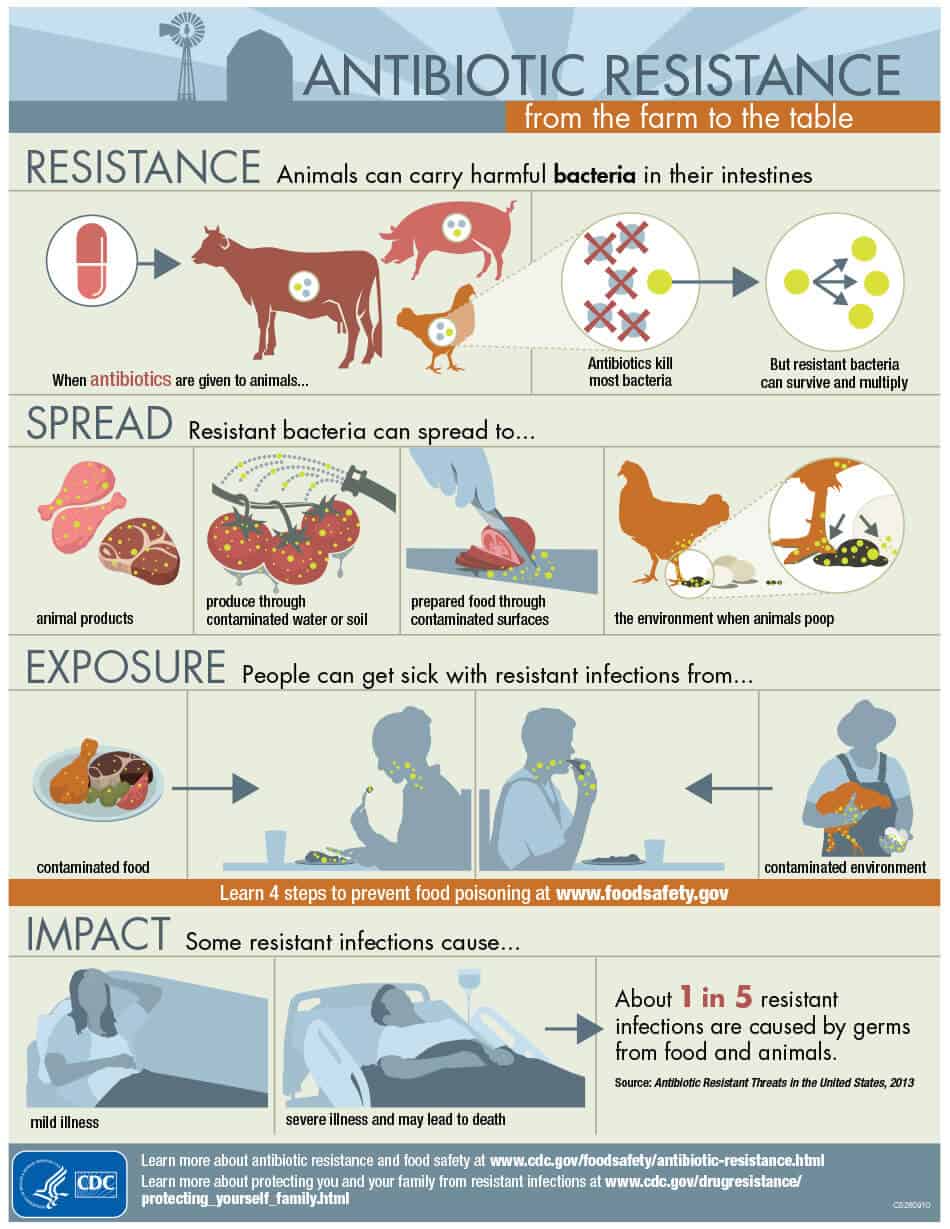This Dr. Axe content is medically reviewed or fact checked to ensure factually accurate information.
With strict editorial sourcing guidelines, we only link to academic research institutions, reputable media sites and, when research is available, medically peer-reviewed studies. Note that the numbers in parentheses (1, 2, etc.) are clickable links to these studies.
The information in our articles is NOT intended to replace a one-on-one relationship with a qualified health care professional and is not intended as medical advice.
This article is based on scientific evidence, written by experts and fact checked by our trained editorial staff. Note that the numbers in parentheses (1, 2, etc.) are clickable links to medically peer-reviewed studies.
Our team includes licensed nutritionists and dietitians, certified health education specialists, as well as certified strength and conditioning specialists, personal trainers and corrective exercise specialists. Our team aims to be not only thorough with its research, but also objective and unbiased.
The information in our articles is NOT intended to replace a one-on-one relationship with a qualified health care professional and is not intended as medical advice.
KFC Makes Major Health Announcement to Curb Superbug Outbreaks
April 18, 2017

Food impacts us (and the entire world) far beyond the nutrition label. Given the complexity of the standard American diet, food impacts are so much more than calorie counts and protein, fat and sodium levels. In fact, the future of many life-saving medications largely depends on how we raise our food. With that in mind, we should view KFC’s announcement to ban the most important antibiotics from its entire chicken supply by the end of 2018 as a big win for public health.
And while I personally don’t recommend eating fast food chicken because it’s generally inflammatory, removing antibiotics used in human medicine from the chicken industry will help protect the general public from antibiotic resistance-related infections.
Fast-Food Chicken Giants Look Beyond Antibiotics
Routinely feeding nonorganic chickens antibiotics fattens the birds up faster, increases feed efficiency and helps compensate for crowded, filthy conditions. In other words, it creates cheaper meat for us and bigger profits for Big Ag. The downside? This mash-up of low-dose drugs and germs often leads to the development of hard-to-kill superbugs.
Remember, these potentially lethal infections don’t just lurk on the farms. (More on that later.) But KFC’s commitment to curb antibiotic use means even if you don’t eat fast food chicken, you could enjoy a reduced risk of superbug infections.

KFC is the last of the big-three fast-food chicken giants vowing to remove these antibiotics from supplies. Chick-fil-A is giving U.S. suppliers until 2018 to remove meds used by humans, while McDonald’s stopped serving chicken raised with these drugs in 2016. Chick-fil-A is actually banning all antibiotics in chicken by the end of 2019. (1)
Because these three fast-food brands are nixing many antibiotics in chicken, experts believe a large portion of the U.S. chicken supply could be free of human-based antibiotics in the near future.
“KFC’s new policy will be a game-changer for the fast food industry and public health. While federal antibiotics policy stagnates, the market is responding to consumer demand for better meat. This commitment from the nation’s most iconic fast food chicken chain will have a major impact on the way the birds are raised in the U.S. and in the fight against the growing epidemic of drug-resistant infections.” — Lena Brook, food policy advocate at Natural Resources Defense Council (2)
KFC’s announcement comes after if received an “F” grade in the Center for Food Safety’s antibiotics in fast food report and about a year after NRDC targeted KFC in a national campaign. Clearly, this is a step in the right direction.
Serious Threats of Antibiotics in Livestock
More than 21 million pounds of medically-important drugs were sold for use in livestock in the U.S. in 2015. These same antibiotics, including penicillins, cephalosporins, tetracyclines and erythromycins, are vital in treating human infections. Of concern? Use of human medications in livestock operations increased 26 percent from 2009 to 2015. (3)
More than 70 percent of these important antibiotics are used in livestock in the United States. That’s right…most are added to the feed and water of livestock animals that are not ill, not used for people who are actually sick. This antibiotic abuse in nonorganic in the poultry, cattle and pork industries is fueling a global crisis. (4) In other words, industrial livestock producers are gaining short-term financial gain while passing on the expenses to consumers with increased healthcare costs and lost productivity.
“Without urgent, coordinated action by many stakeholders, the world is headed for a post-antibiotic era, in which common infections and minor injuries which have been treatable for decades can once again kill. Effective antibiotics have been one of the pillars allowing us to live longer, live healthier, and benefit from modern medicine. Unless we take significant actions to improve efforts to prevent infections and also change how we produce, prescribe and use antibiotics, the world will lose more and more of these global public health goods and the implications will be devastating.” — Dr. Keiji Fukuda, assistant director-general for health security at the World Health Organization (5)
Some other unappetizing facts about antibiotics in the food system:
- MRSA can actually fly off of poultry trucks transporting chickens to slaughter. (6) Put your windows up and don’t drive too close to these trucks.
- KFC’s commitment to curb antibiotic use comes at a critical time and will hopefully make antibiotic-free chicken more available for home use, too. In 2016, researchers discovered a new superbug chicken.
- At least 2 million people are infected with hard-to-kill superbugs annually in the U.S.; 23,000 die due to these infections.
- Greens grown with chicken manure fertilizer harbored certain antibiotic-resistant pathogens that could infect humans even 45 days after planting. (7)
- If you live in a rural community, livestock fertilizer could be a potential supergerm threat. Poultry “litter” from warehouse barns often contains a mix of pine shavings and poultry feces and feathers. Used as a fertilizer, this manure can actually spread antibiotic-resistant germs into fields, where flies can carry disease into neighboring communities. (8)
Healthier Ways to Enjoy Chicken
- If you source your chicken right, it can be a fabulous source of protein. I like to choose organic chicken raised on pasture from local farmers whenever possible. Chickens need to eat some grain, but are generally healthier and happier when they are also out on pasture. Since chickens can very quickly scratch up the landscape and turn a green pasture into something resembling the surface of the moon in just a few weeks, it’s important to find a farmer who rotates the chickens to fresh pasture regularly.
- Many of these farmers will have “mobile coops” on wheels or “chicken tractors” to move chickens regularly.
- If you do find yourself eating fast food, Panera Bread and Chipotle were the only two brands with “A” ratings. Luckily, future ratings will hopefully improve as more and more companies release statements on eliminating antibiotics in food.
Final Thoughts on KFC and Antibiotics in Chicken
- Antibiotics do have a part in agriculture: To treat animals that are actually sick. Not to make up for filthy, crowded conditions or to fuel growth and increase feed efficiency to improve the food producers’ profits at the public’s expense.
- Nearly 80 percent of antibiotics used in the U.S go to livestock animal, not sick humans.
- Giving routine, low-dose antibiotics to livestock through food and water kills some bacteria, but the few resistant germs remain and reproduce.
- KFC is the latest chicken fast-food giant to announce it will stop sourcing chicken raised with antibiotics used on humans by the end of 2018. Chick-fil-A and McDonald’s made similar announcements.
- Even if you don’t eat this fast-food chicken, it’s still considered a win for public health, since hard-to-kill superbugs don’t always stay on industrial farms. They can remain on the meat or be spread to homes by flies and manure spread on fields.
- I recommend going a step further and sourcing organic poultry raised on rotated grass pastures to avoid other potentially toxic additives and medications.
- There are other reasons to avoid fast-food, too. For starters, nearly one-third of fast-food packaging contains toxic grease-proofing chemicals linked to thyroid disease even cancer, so it’s best to limit eating on the go.


